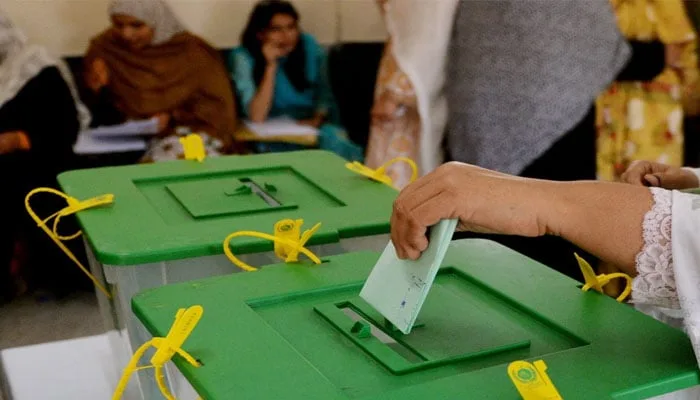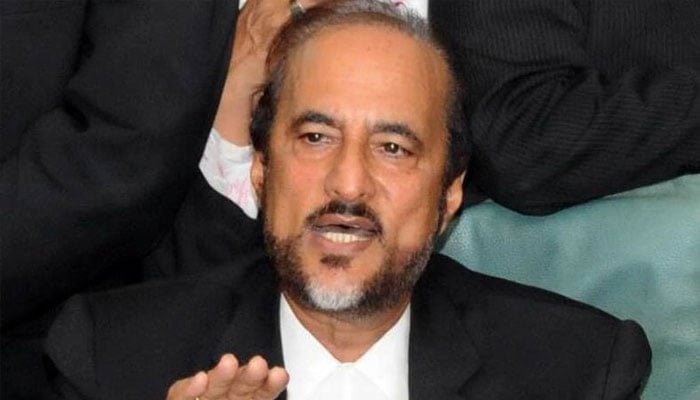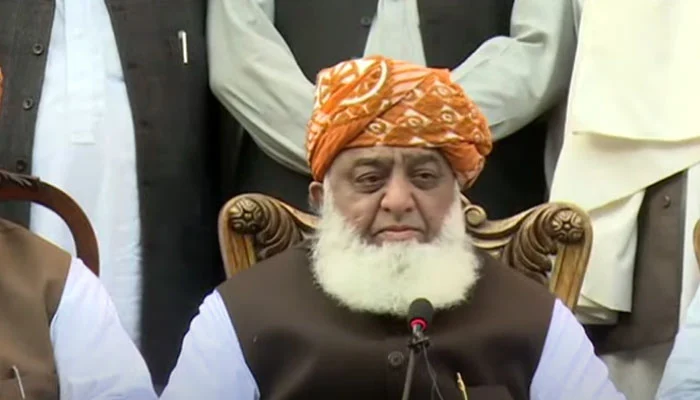The Election Commission of Pakistan has unveiled updated voter statistics, shedding light on the demographic landscape of electoral participation across the country. The newly released data reveals key insights into the distribution of voters by gender and province, offering valuable information for electoral planning and analysis.
According to the Election Commission, the total number of registered voters nationwide stands at 131,361,311. Among them, male voters comprise 74,347,272, while female voters account for 69,283,939. This gender breakdown underscores the significance of gender inclusivity in the electoral process and highlights ongoing efforts to enhance women’s participation in democratic governance.
In Punjab, the most populous province in Pakistan, the voter count reaches 74,093,290. Meanwhile, in Sindh, the second-largest province by population, the number of registered voters is reported at 20,730,971. In Khyber Pakhtunkhwa, another significant province, the voter tally stands at 20,831,168. These provincial figures provide valuable insights into the distribution of electoral power and the regional dynamics shaping political representation in Pakistan.
Furthermore, the Election Commission’s data reveals that Balochistan, the largest province in terms of area, is home to 5,439,666 registered voters. This statistic underscores the importance of geographic diversity in electoral planning and underscores the need for equitable representation of diverse regions within the electoral framework.
In the federal capital Islamabad, the voter population is reported to be 1,094,216, highlighting the unique electoral dynamics of the nation’s administrative center. This figure reflects the diverse demographics and political interests present within the capital city, warranting targeted strategies for voter engagement and participation.
The Election Commission’s release of updated voter data signifies a milestone in Pakistan’s electoral transparency and accountability efforts. By providing comprehensive information on voter demographics, the Commission enables stakeholders to make informed decisions regarding electoral strategy, resource allocation, and voter outreach initiatives.
The expansion of Pakistan’s voter base, surpassing 13 crore in the latest update, underscores the growing significance of democratic participation in shaping the nation’s political landscape. As the country continues to navigate its democratic journey, ensuring the integrity and inclusivity of the electoral process remains paramount.
Moving forward, the Election Commission’s ongoing commitment to maintaining accurate and up-to-date voter data will be crucial for fostering trust in the electoral system and promoting democratic governance. By harnessing the power of data-driven insights, Pakistan can strengthen its electoral institutions and uphold the principles of fairness, transparency, and representation in the democratic process.
The release of updated voter data by the Election Commission of Pakistan provides valuable insights into the demographic composition of the country’s electorate. With detailed statistics on voter distribution by gender and province, the data serves as a foundation for informed decision-making in electoral planning and analysis. As Pakistan continues its democratic journey, ensuring the integrity and inclusivity of the electoral process remains essential for fostering trust and participation among citizens.



